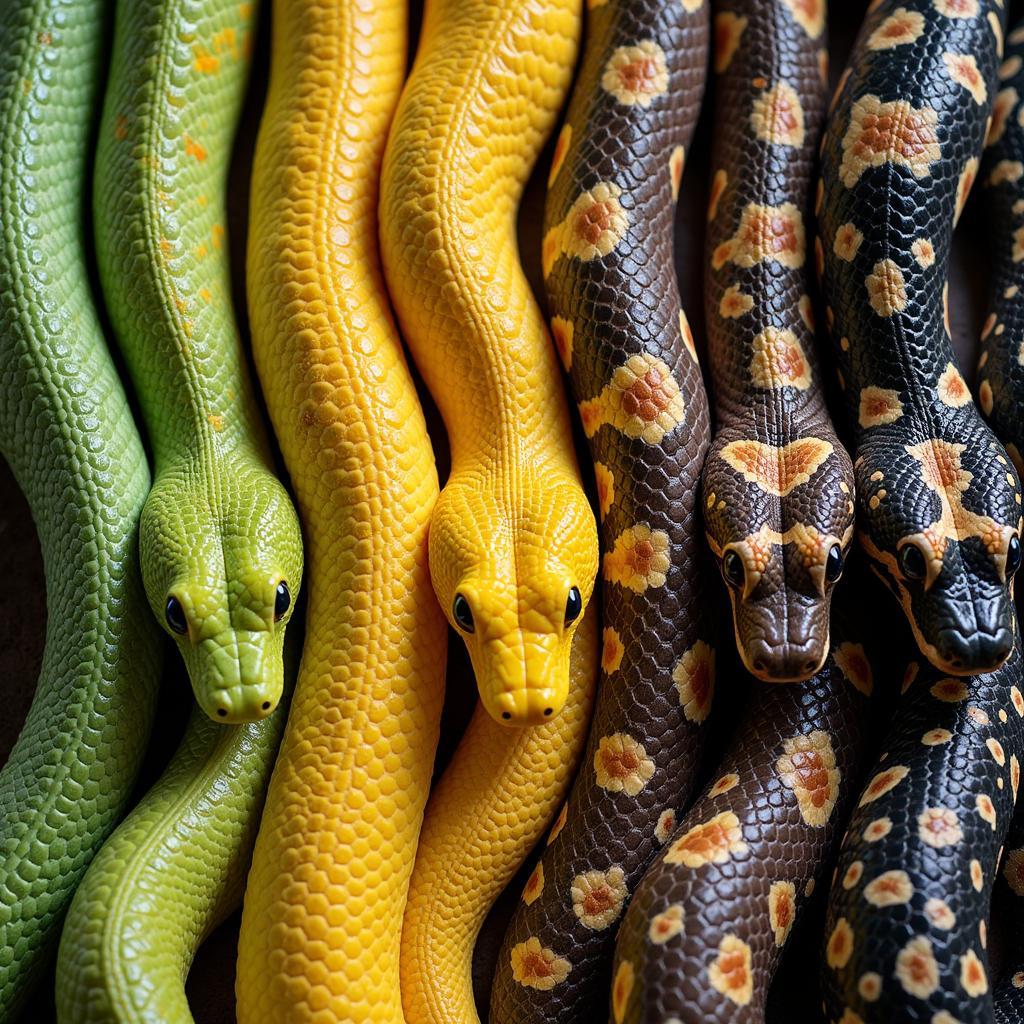African Elephant Gifts: The Ethical Dilemma of Souvenir Shopping
The allure of Africa’s wildlife is undeniable, and tourists often seek tangible reminders of their encounters with these magnificent creatures. This desire, while understandable, raises crucial questions about ethical sourcing and conservation when it comes to “African Elephant Gifts.”
Understanding the Impact of Elephant Gifts
While seemingly harmless, souvenirs marketed as “african elephant gifts” can inadvertently contribute to the illegal wildlife trade. The demand for ivory, elephant hair, and other animal parts fuels poaching and threatens already vulnerable elephant populations.
Ethical Alternatives to Traditional Elephant Souvenirs
The good news is that there are plenty of ethical and sustainable options for those seeking authentic African souvenirs.
Supporting Local Artisans
Many talented artisans across Africa create stunning handcrafted goods inspired by elephants.
- Beaded Jewelry: Look for necklaces, bracelets, and earrings featuring intricate beadwork depicting elephants.
- Woven Baskets: Handwoven baskets often incorporate elephant motifs, showcasing the rich cultural heritage of various African communities.
- Wood Carvings: Skilled artisans carve detailed elephant figures from sustainable wood sources.
Eco-Friendly Options
For environmentally conscious shoppers, consider these eco-friendly alternatives:
- Recycled Materials: Some artisans use recycled materials like glass, metal, and plastic to create unique elephant-themed gifts.
- Organic Cotton Clothing: T-shirts, tote bags, and other apparel featuring elephant designs are often made from organic cotton, minimizing environmental impact.
Choosing Reputable Vendors
When purchasing any “african elephant gift,” it’s crucial to choose reputable vendors who prioritize ethical sourcing and support conservation efforts.
- Fair Trade Certification: Look for products with Fair Trade certification, ensuring fair wages and working conditions for artisans.
- Conservation Support: Opt for vendors who donate a portion of their profits to elephant conservation organizations.
How to Spot Unethical Elephant Souvenirs
Identifying unethical souvenirs can be tricky, but here are some red flags:
- Ivory Products: Ivory is illegal to trade internationally and should never be purchased.
- Hair Jewelry: Elephant hair jewelry often originates from poaching.
- Unrealistic Prices: Extremely low prices can indicate illegal sourcing or unethical production practices.
Making Informed Choices
By making informed choices, tourists can support ethical tourism and contribute to the long-term survival of African elephants.
 African Elephant Close Up
African Elephant Close Up
Remember, the best “african elephant gift” is one that celebrates these magnificent animals while protecting their future. Choose ethically, shop responsibly, and support sustainable practices to ensure that future generations can continue to marvel at the wonder of African elephants.


